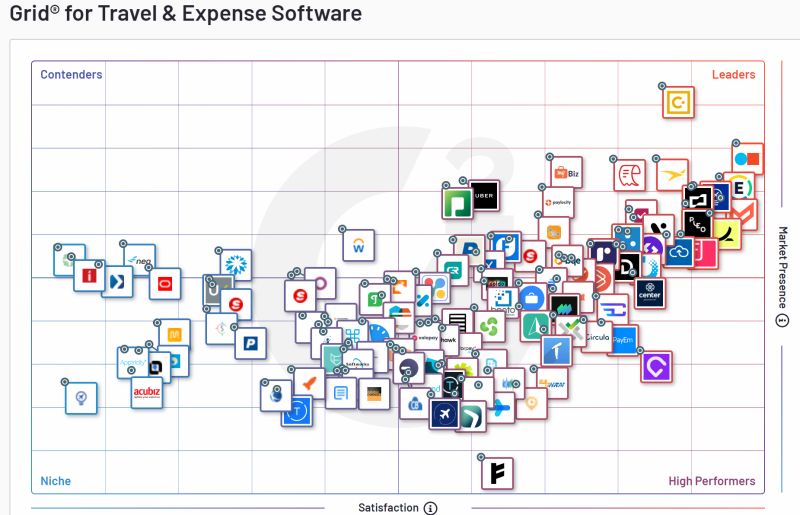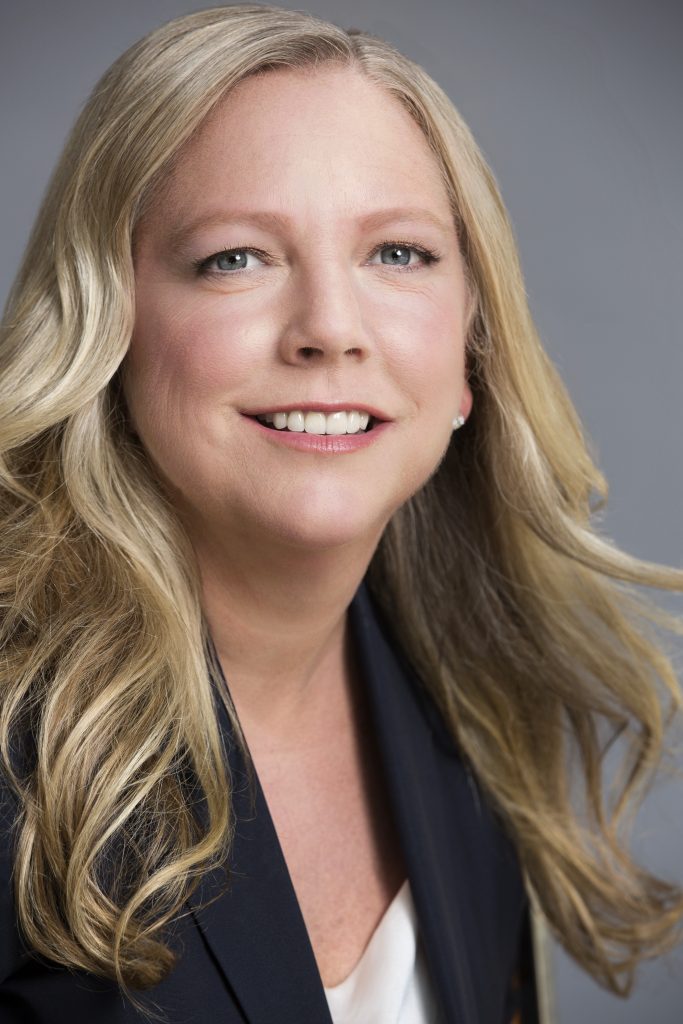Nick Jones said on Wednesday that he would step down from being CEO of Membership Collective Group nearly three decades since he founded the original Soho House that eventually led to the creation of the public company and owner of the Soho House chain.
Andrew Carnie, president of Membership Collective Group, will succeed Jones as CEO.
Jones battled prostate cancer earlier this year successfully but said he now wants a change of life priorities.

On Wednesday the company cut its guidance for this year’s adjusted earnings from between $70 million and $80 million to between $55 million and $60 million. The company also said it would scale back on its growth ambitions by cutting costs across all its operations, refocusing the business back to its core of Soho House properties vs other extensions such as Ned, Scorpios, its digital memberships, and most importantly cutting back on plans to open nine properties this year to instead only opening between five and seven, including delaying planned venues in Mexico City and Bangkok until next year. It is also cutting down its in-house digital content unit by 40 percent, it said.
More on its cuts, from its earnings call: ” To give members the best possible experience and to ensure reduced pressure on the organization, we are returning to our previous target of five to seven new houses a year, and this is in line with our already signed pipeline for the next three years. At the same time, our cities at houses offer will continue to provide a clear path for longer-term growth at a minimal expense to the company. As part of prioritizing the right investments for our business and our members, we are no longer pursuing the external digital membership…We are reducing our in-house operating expenses. Post COVID, we rush to get all our houses open as quickly as possible in the manner we were used to operating them. In addition, it was a tough and unpredictable labor market, which means our costs increased significantly. What we’ve learned is our members are using our houses just as much, but at different times, so we’re adjusting our cost base accordingly….we’re refocusing our G&A with targeted reductions on content, digital and other corporate expenses, without impacting the member experience. For example, we are reducing our editorial content spend by about 40% going forward. We can raise prices, but the real opportunity is to run a more efficient business.”
The group went public in 2021. Its shares lost about two-thirds of their value this year after the company’s post-pandemic recovery ran up against the pressure of inflation, unfavorable foreign exchange rates, and sudden layoffs in the tech sector.
In the third quarter, revenues at Membership Collective rose 48 percent to $266 million, while the company’s net losses widened from $77 million to $91.7 million. Its net debt rose from $326.2 million to $462.6 million.
The news of the company scaling back its growth trajectory helped to send Membership Collective shares down by roughly 18 percent.
The company owns dozens of Soho House clubs, plus The Ned hotel in London and New York, and the Scorpios beach club in Greece.


